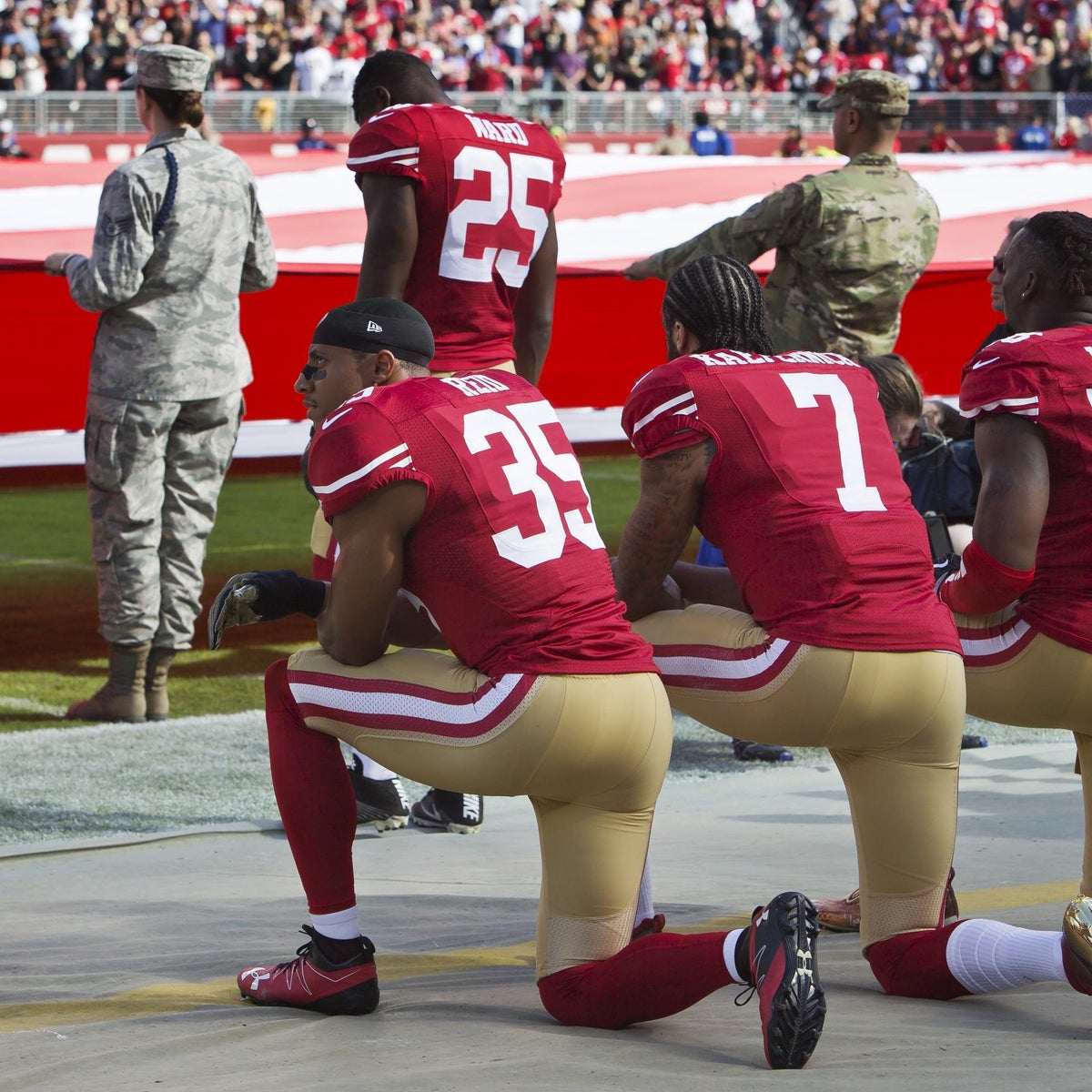The controversy surrounding Louisiana Governor Jeff Landry’s recent remarks has sparked a heated debate about respect, patriotism, and the role of sports in expressing national identity. The issue arose when the Louisiana State University (LSU) women’s basketball team was not present on the court during the playing of the national anthem at a game, prompting criticism from Governor Landry. He suggested that athletes who do not participate in the anthem should risk losing their scholarships, framing it as a matter of respect for those who serve the country.

Governor Landry expressed his concerns via social media, emphasizing the importance of honoring the national anthem as a sign of respect for the country’s servicemen and women. He called for the state’s collegiate boards, including the Board of Regents, to implement policies mandating athletes’ presence during the anthem, linking this requirement to their athletic scholarships. This stance comes amid broader discussions on patriotism and free expression in sports.
The controversy is further complicated by LSU’s established pre-game routine, which typically sees teams off the court during the anthem. Coach Kim Mulkey clarified that this practice has been in place for several seasons, not as a form of protest but as part of the team’s pre-game preparation. She stated that there was no intentional disrespect meant by the team’s absence, highlighting that the routine involves final preparations in the locker room at the time the anthem is played.
The backlash to Governor Landry’s comments has been significant, with public opinion divided. Critics argue that compelling athletes to be present for the anthem infringes on their personal freedoms and autonomy. Some likened the governor’s proposal to coercive practices in authoritarian regimes, suggesting it contradicts the very freedoms the anthem represents. Conversely, supporters argue that standing for the anthem is a basic display of respect and national pride, which should be expected of all citizens, especially those representing their state in sports.

This debate also touches on broader societal issues, including the role of sports as a platform for political and social expression. The national anthem’s use in sporting events has long been a point of contention, with some arguing that its inclusion is a form of indoctrination, while others view it as a unifying tradition that honors national values. The LSU incident and Governor Landry’s subsequent comments have thus reignited discussions about the intersection of sports, politics, and patriotism in American culture.
Moreover, the response from educational officials indicates a lack of consensus on how to approach this issue. The state’s commissioner of higher education, Kim Hunter Reed, noted that the Board of Regents does not have direct control over scholarship decisions, suggesting a potential disconnect between political leadership and educational governance. This underscores the complexities involved in implementing policies that straddle the lines between state authority, educational autonomy, and individual rights.
As the controversy unfolds, it remains to be seen whether Governor Landry’s proposal will gain traction or face resistance from academic and athletic institutions. The situation at LSU may serve as a litmus test for how other states and universities handle similar issues in the future, particularly as national conversations around patriotism, freedom of expression, and the role of sports continue to evolve.
In conclusion, the debate over whether athletes should be required to participate in the national anthem at sporting events touches on deep-seated values and societal norms. It raises essential questions about respect, autonomy, and the role of public institutions in regulating expressions of patriotism. As stakeholders from various sectors weigh in, the conversation is likely to continue, reflecting broader cultural and political divides in contemporary American society.





